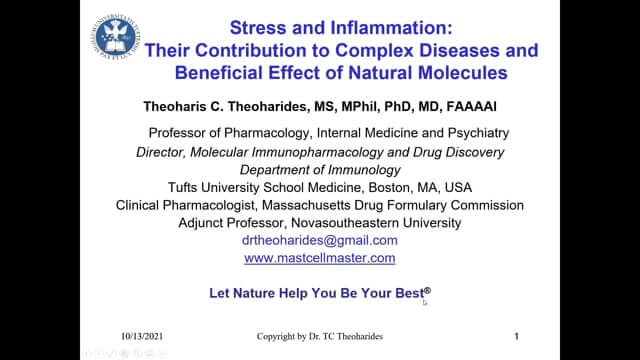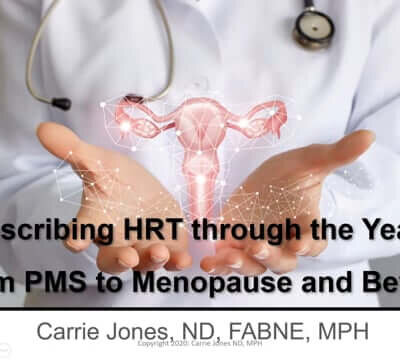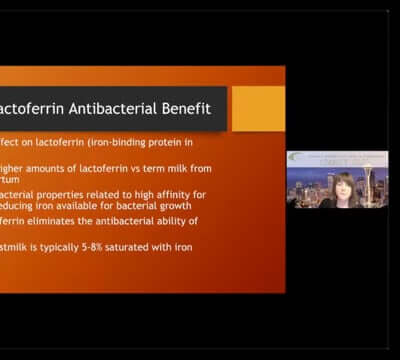Description
Numerous “complex” diseases involve stress and inflammation via activation of the unique immune cells the mast cells. These include: (a) Atopic dermatitis; (b)Autism spectrum disorder; (c) Chronic inflammatory response syndrome; (d) Environmental disease; (e) Fibromyalgia syndrome; (f) Interstitial cystitis/bladder pain syndrome; (g) Long-COVID syndrome; (h) Mast cell activation syndrome; (i) Multiple chemical sensitivity syndrome; (j) Multisystem inflammatory syndrome; (k) Myalgic encephalomyelitis/Chronic fatigue syndrome; (l) Pediatric acute neuropsychiatric syndrome; (m) Post-Lyme syndrome; (n) Sick building syndrome; and (o) Toxic mold syndrome. Mast cells, typically associated with allergic reactions, are located perivascularly close to nerves in all tissues including the brain and can be triggered by allergens, mold, neuropeptides, pathogens, stress and toxins leading to release of numerous inflammatory and vasoactive mediators. In the brain, mast cells can activate microglia that release even more inflammatory molecules resulting in disrupted neuronal connectivity and neuropsychiatric symptoms. SARS-CoV-2 or its spike protein could enter the brain and induce focal inflammation in the amygdala and hypothalamus, which regulate behavior and homeostasis, respectively. We showed that corticotropin-releasing hormone (CRH) secreted under stress can stimulate release of mast cell-derived mediators that can then both disrupt the protective blood-brain barrier (BBB) and activate microglia to release proinflammatory mediators. Research has demonstrated that the natural flavonoids luteolin and methoxyluteolin have potent inhibitory actions, and could provide significant benefit in many chronic inflammatory conditions. Independent studies have shown that these flavonoids can inhibit mast cells and microglia, thus preventing the development of brain inflammatory conditions including Long-COVID-19. Additional benefits can be obtained by concurrent use of calcium folinate, vitamin D3 and the antihistamine rupatadine (needs compounding) that also inhibits mast cells.
Dr. Theoharides is Professor of Pharmacology and Internal Medicine, as well as Director of Molecular Immunopharmacology and Drug Discovery, in the Department of Immunology at Tufts University School of Medicine, Boston, MA. He was born in Thessaloniki, Greece, and graduated with Honors from Anatolia College. He received all his degrees from Yale University (BA, cum laude in Biology and History of Medicine, MS, MPhil, PhD, MD), and was awarded the Dean’s Research Award and the Winternitz Price in Pathology. He trained in internal medicine at New England Medical Center, which awarded him the Oliver Smith Award “recognizing excellence, compassion and service.” He also received a Certificate in Global Leadership from the Tufts Fletcher School of Law and Diplomacy and a Fellowship at the Harvard Kennedy School of Government.
He has been serving as the Clinical Pharmacologist of the Massachusetts Drug Formulary Commission continuously since 1986. In Greece, he served on the Supreme Advisory Health Councils of the Ministries of Health and of Social Welfare, as well as on the Board of Directors of the Institute of Pharmaceutical Research and Technology. He Chaired an International Committee appointed by the Hellenic Ministries of Education and Health for the establishment of an independent medical school in Greece, and he is a member of the International Advisory Committee for the University of Cyprus School of Medicine. He is also the Director of Health Science Programs and Research for the American College of Greece. He is a member of 15 academies and scientific societies. He was inducted into the Alpha Omega Alpha National Medical Honor Society and the Rare Diseases Hall of Fame.
He has received the Tufts Excellence in Teaching ten times, the Tufts Distinguished Faculty Recognition Award twice, the Tufts Alumni Award for Faculty Excellence, and the Dr. George Papanicolau Award. He has also been awarded an Honorary Doctor of Medicine from Athens University and an Honorary Doctor of Sciences from Hellenic-American University, as well as the 2018 Albert Nelson Marquis Lifetime Achievement Award. Dr. Theoharides is a member of the American Academy of Allergy, Asthma and Immunology. In 2020, he was inducted in the World Academy of Sciences. For his humanitarian efforts, he honored with Boston Mayor’s Community Award, the 2018 Distinguished Humanitarian Award (Marquis Who is Who), and he was recognized as “Archon” of the Ecumenical Patriarchate of Constantinople. Dr. Theoharides first showed that mast cells, known for causing allergic reactions, are critical for inflammation, especially in the brain, and are involved in a number of conditions that worsen with stress such as allergies, asthma, autism spectrum disorder, eczema, fibromyalgia, interstitial cystitis/bladder pain syndrome, mast cell activation syndrome, migraines, multiple sclerosis, myalgic encephalomyelitis/ chronic fatigue syndrome, psoriasis and Long-COVID syndrome.
He has published over 460 scientific papers (JBC, JACI, JPET, NEJM, Nature, PNAS, Science) with 452 papers in Pubmed.gov; 38,980 citations; h-index 94) and 3 textbooks. He has been placed in the top 5% of authors most cited in pharmacological and immunological journals. Dr. Theoharides is also the Scientific Director of Algonot, LLC (Sarasota, FL) and has helped formulate unique dietary supplements (e.g. ArthroSoft®, BrainGain®, CystoProtek®, FibroProtek®, NeuroProtek®, PureLut®) and a skin lotion (GentleDerm®) containing the novel anti-inflammatory flavonoids, luteolin and tetramethoxyluteolin. He has received 37 patents and trademarks, including some covering the use of luteolin in brain inflammation and autism: US 8,268,365 (09/18/12); US 9,050,275 (06/09/15); US 9,176,146 (11/03/15).
*Certified by the WANP for 1 Category 1 continuing education credit for Washington NDs*
(Originally presented October 15, 2021)




